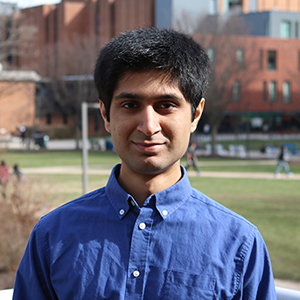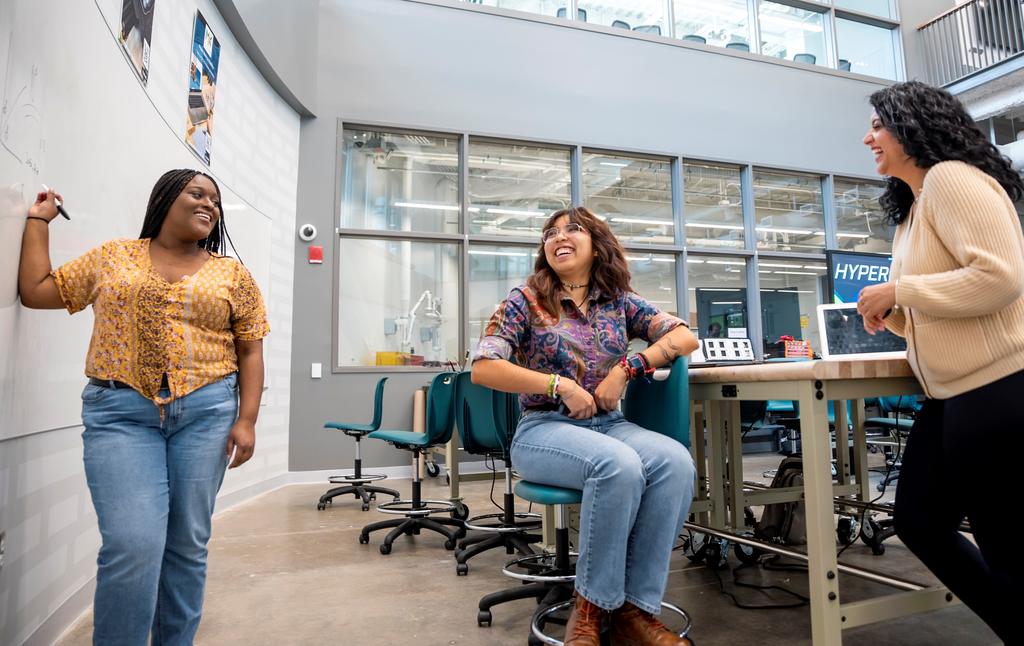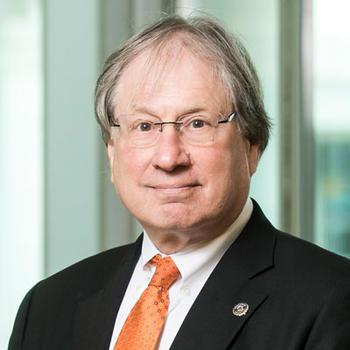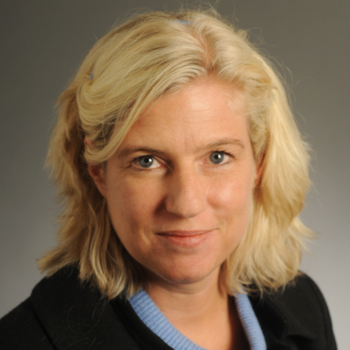The Schar School and the School of Computing have created a degree that is an innovative split between computer science and political science. It is designed to graduate computer science practitioners who are equally familiar with the regulatory landscape, policy implications, and ethical decisions which govern their profession.

You'll learn to...
- Identify the ethical, privacy, and policy implications of new technologies
- Use visualization and analysis tools such as Tableau, Python, and R to interpret and communicate quantitative and qualitative data
- Apply contextual theories of politics and government to identify problems and opportunities with new technologies, assess their impact, and evaluate options
- Effectively communicate information to inform policy-making
The BS in Applied Computer Science, Technology Policy Concentration requires 120 credits, including opportunities for both study abroad and internships.
Select course offerings include:
- Introduction to Technology Policy examines the roles of government and industry in rapid technological development, and considers legal, economic, political, and moral perspectives in examining the worlds of data, networks, and computation.
- Grand Challenges to Human Security explores international treaties and the role of the United Nations in addressing technological change.
- Responsible Innovation addresses how technology can create politics, and how political processes shape technology
- Science and Technology Institution and Policy delves into the relationship between scientific achievement and geopolitical power.

"What drew me to tech policy was a realization that technology is always going to keep progressing. Having regulations and policies that steer this innovation are necessary. I want to peer behind the curtain to see how policy is made, so that I can help guide our progression into the future."
- Chesney Noye, Applied Computer Science

"We are more reliant than ever on technology, but our government isn’t keeping up with the pace of technological change... I want to spread technological awareness among the general public, to make sure citizens take advantage of available resources. I also want to advise lawmakers how to address technological advancements because without taking action, our everyday lives are at risk."
- Mahid Sheikh, Government & International Politics

Future Careers for Program Graduates
Graduates of the Technology Policy program will be prepared for computing careers and positioned for professional growth by understanding both how government works, and how technology design and policy impact one another.
The Technology Policy program was designed through consultation with government chief information and privacy officers, as well as policy analysts and industry legal advisors, to make sure that our graduates are ready for the careers of tomorrow.
This collaborative degree between the Schar School of Policy and Government and the School of Computing gives students access to the faculty expertise and career development opportunities of both schools.
Practitioner Faculty
The Schar School is known among U.S. policy schools for the breadth and interdisciplinarity of its scholarship and teaching. The school has a long tradition of research and education in science and technology policy.
The College of Engineering and Computing stands out for its leading research in areas such as artificial intelligence, data analytics and cybersecurity engineering, computational biomedicine, and sustainable infrastructure.

"Understanding the role of policy is critical to being able to anticipate future developments in technology. Today's managers need to know and understand how policy and technology work together at every stage of their career if they want to excel."
- Professor Alan R. Shark

"Technology always has winners and losers, acting as a double-edged sword. While innovations like the internet and automobiles have significantly enhanced various aspects of our lives, they also present issues and challenges. To address these, technology policy—encompassing regulations, laws, guidelines, and practices—is crucial to ensure everyone benefits and no one is harmed."
- Associate Professor Laurie Schintler
Faculty Spotlight: Artificial Intelligence Infrastructures
A team of George Mason University researchers, led by Distinguished University Professor J.P. Singh has received a $1.4 million grant from the Department of Defense to examine the way countries are implementing their national artificial intelligence infrastructure strategies. Read more about this research and don't miss J.P. Singh talking about this important work below.
